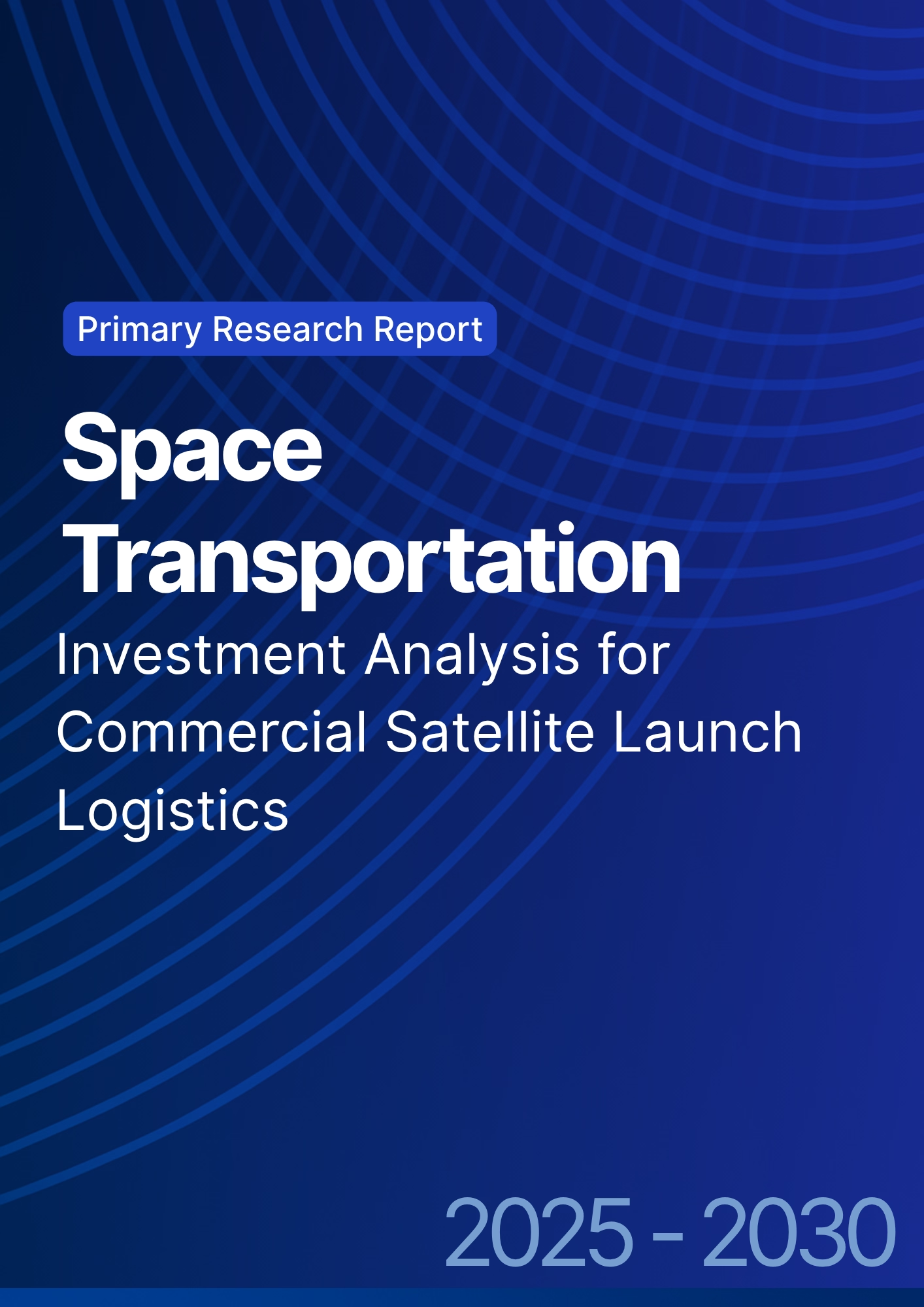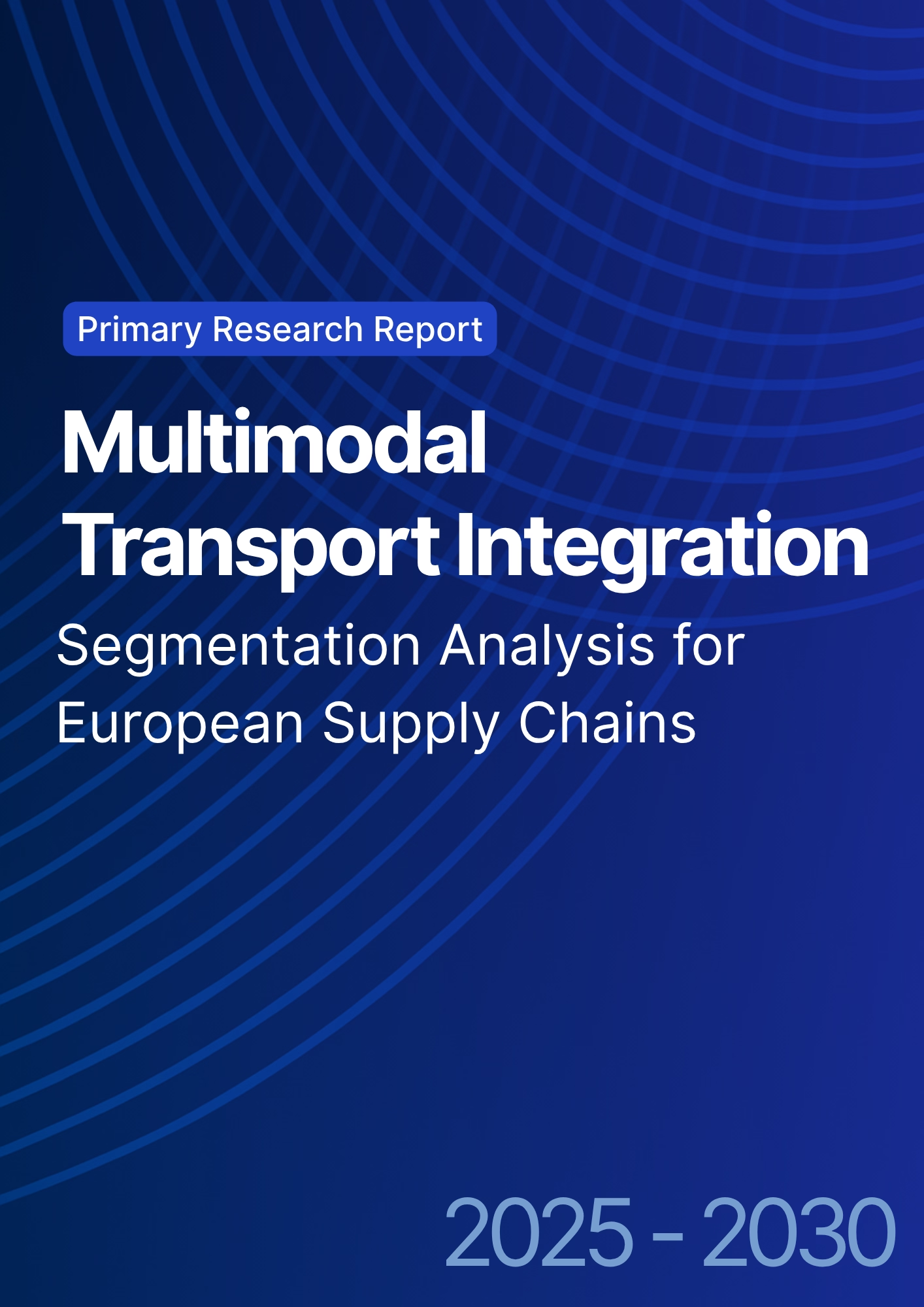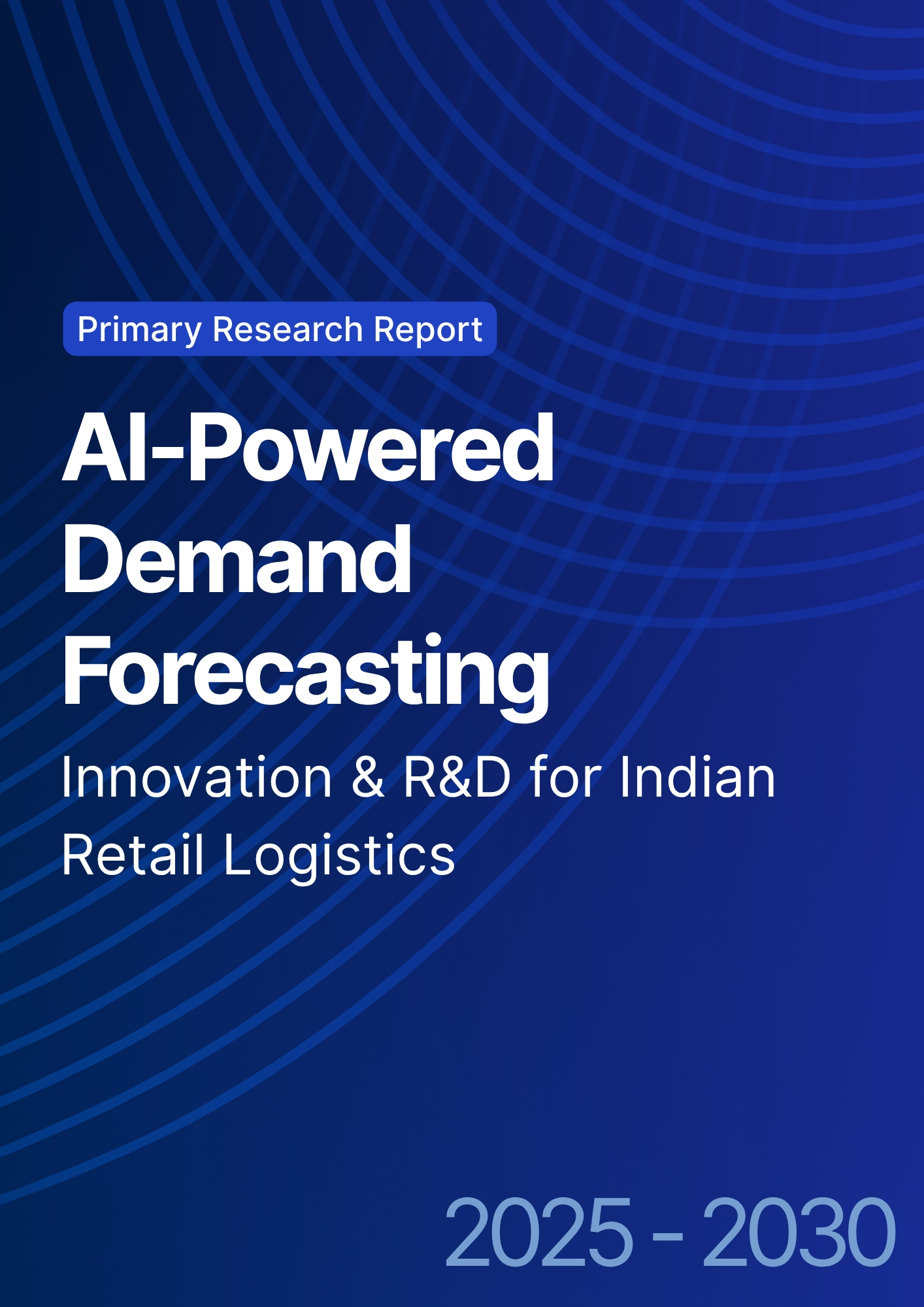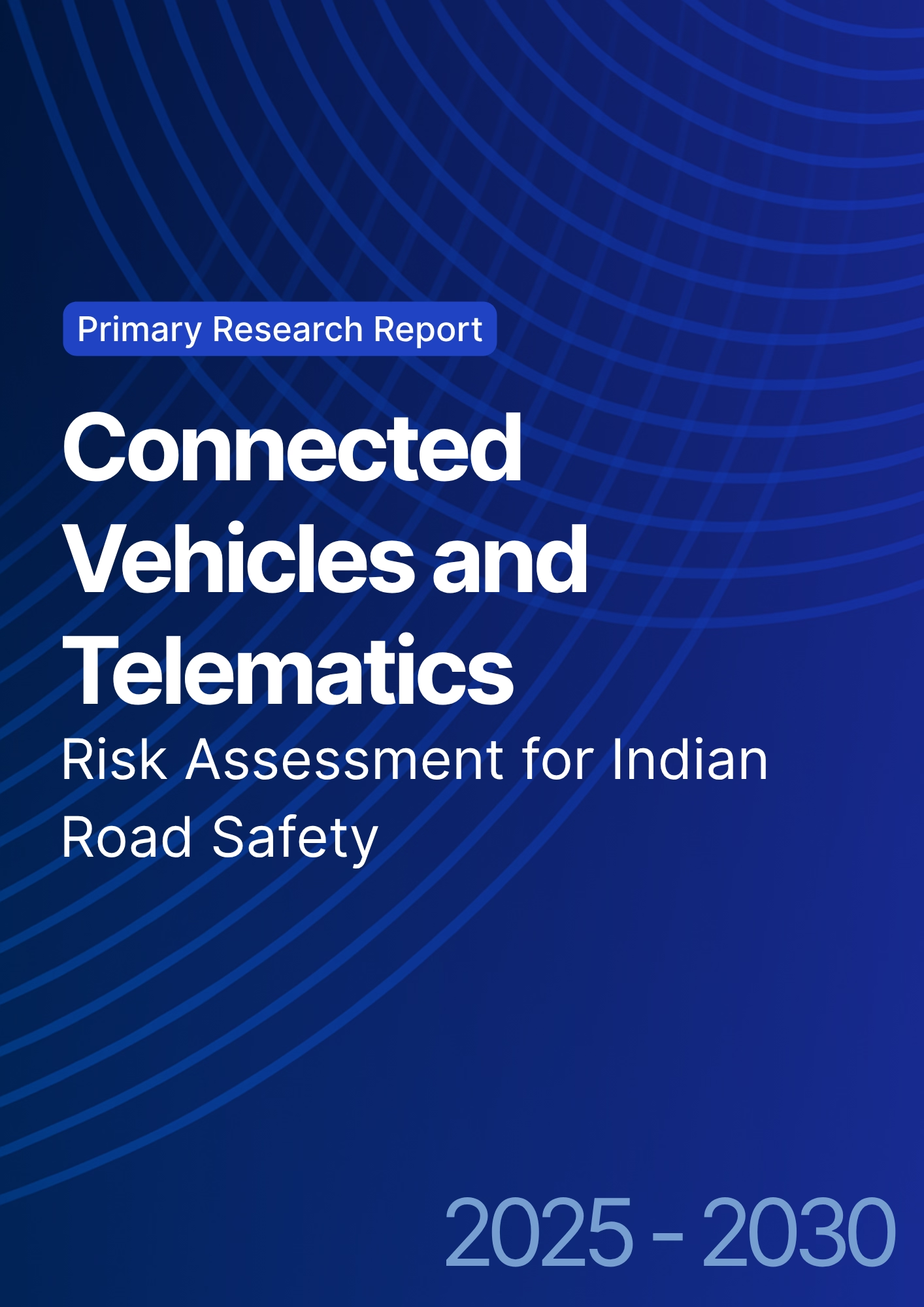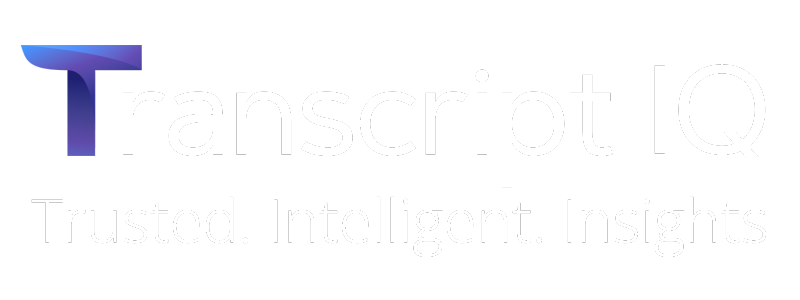

68 Circular Road, #02-01 049422, Singapore
Revenue Tower, Scbd, Jakarta 12190, Indonesia
4th Floor, Pinnacle Business Park, Andheri East, Mumbai, 400093
Cinnabar Hills, Embassy Golf Links Business Park, Bengaluru, Karnataka 560071
Connect With Us
Smart Fleet Management: Technological Advancements in Indian Road Freight
India’s smart fleet management market for road freight is projected to grow from $4.3B in 2025 to $12.5B by 2030 (CAGR 24.2%), driven by AI-based route optimization, IoT-enabled vehicle tracking, and real-time data analytics. The adoption of electric trucks, autonomous driving systems, and predictive maintenance technologies will revolutionize fleet efficiency. By 2030, 40% of India’s freight fleet will be digitally connected, improving operational efficiency by 30% and reducing CO₂ emissions by 25%. These advancements will significantly cut logistics costs and enhance supply chain resilience.
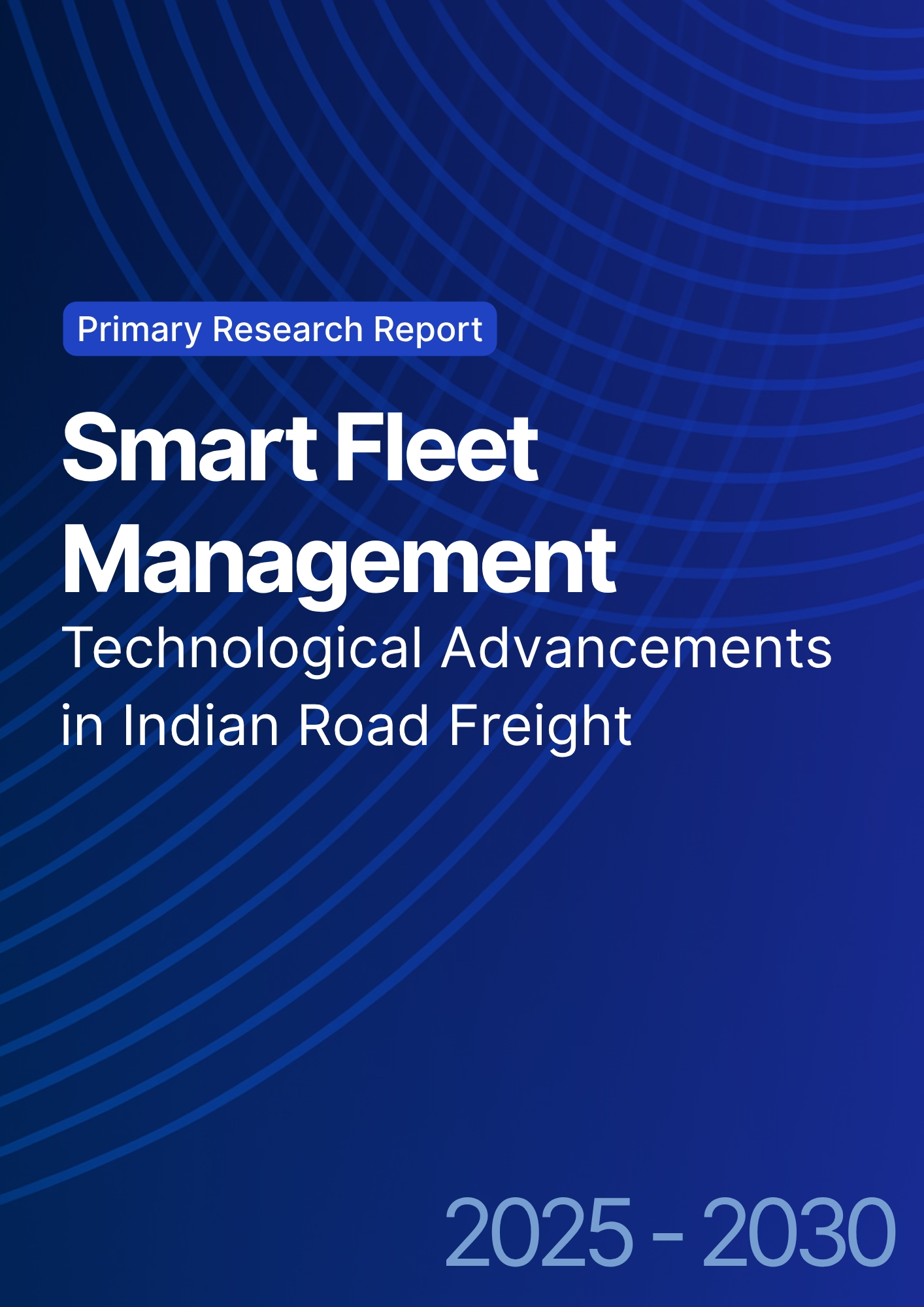
What's Covered?
Report Summary
Key Takeaways
- Market size: $4.3B → $12.5B (CAGR 24.2%).
- 40% of India’s freight fleet to be digitally connected by 2030.
- Operational efficiency improvement by 30% through AI and IoT.
- CO₂ emission reduction by 25% through electric and autonomous vehicles.
- Predictive maintenance to reduce downtime by 18%.
- AI-based route optimization to cut fuel consumption by 22%.
- Private sector investment exceeds $7.2B in smart fleet technologies.
- Electric truck adoption to account for 18% of fleet by 2030.
- Autonomous vehicles to reduce driver fatigue-related incidents by 35%.
- Real-time fleet data to enhance supply chain decision-making by 40%.
Key Metrics
Market Size & Share
The smart fleet management market in India and Asia Pacific is expected to grow from $4.3B in 2025 to $12.5B by 2030, reflecting a CAGR of 24.2%. AI-driven technologies, including real-time fleet management, route optimization, and predictive maintenance, will be central to the growth of this market. Private sector investment, which will exceed $7.2B over the next five years, will play a crucial role in implementing electric trucks, autonomous vehicles, and digital connectivity solutions for India’s road freight. By 2030, 40% of India’s freight fleet will be digitally connected, improving fleet performance and enhancing supply chain management. Electric vehicles (EVs) and autonomous trucks are projected to make up 18% of the fleet by 2030, helping to reduce CO₂ emissions by 25% and improve overall logistics efficiency. Investments in smart fleet technologies will drive operational cost savings and improve delivery accuracy across India’s highway systems.
Market Analysis
The transformation of India’s freight transport system is being driven by the need for greater efficiency, sustainability, and cost reduction in the logistics sector. AI and IoT technologies are enabling smarter fleet management, route optimization, and real-time tracking, improving overall fleet performance by 30%. The rise of electric trucks in urban areas and autonomous vehicles in long-haul routes will reduce fuel consumption by 22% and improve road safety by reducing driver fatigue-related accidents by 35%. Additionally, predictive maintenance systems will reduce downtime by 18%, ensuring higher fleet utilization and operational efficiency. The Indian government’s push for green logistics through electric vehicle adoption and sustainability goals will lead to a 25% reduction in CO₂ emissions from the road freight sector by 2030. Private-sector investments, estimated at $7.2B, will drive technological innovation, data integration, and fleet electrification across India’s road transport industry, leading to a smarter, more sustainable logistics infrastructure.
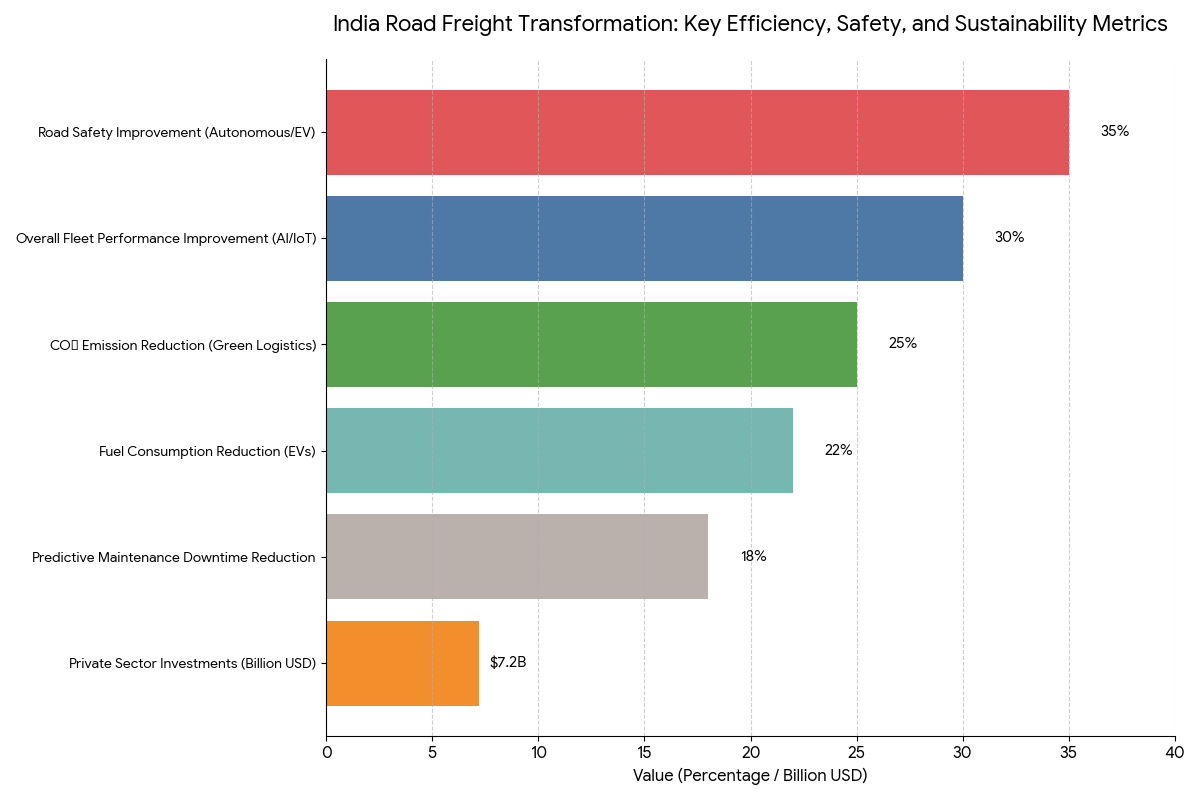
Trends & Insights
- AI in Fleet Management: Increases efficiency by 30% in fleet operations.
- Electric Truck Adoption: 18% of India’s fleet will transition to electric by 2030.
- Fuel Savings: 22% reduction in fuel consumption through AI-powered routing.
- CO₂ Emission Reduction: 25% decrease in emissions from electric and autonomous vehicles.
- Autonomous Trucking: Reduces driver fatigue-related accidents by 35%.
- Predictive Maintenance: 18% reduction in vehicle downtime through AI systems.
- Smart Fleet Connectivity: 40% of India’s fleet will be digitally connected by 2030.
- Private Investment Growth: Over $7.2B to be invested in smart logistics technologies.
- Real-Time Data Adoption: 40% improvement in supply chain decision-making with IoT systems.
- Sustainability-Linked Initiatives: Electric trucks to meet India’s carbon-neutral logistics goals.
These insights reflect how AI, IoT, and sustainability are transforming India’s road freight landscape, making it more efficient, cost-effective, and eco-friendly.
Segment Analysis
The smart fleet management market in India and Asia Pacific is segmented into AI-powered fleet management (38%), IoT tracking systems (28%), electric trucks (18%), and autonomous vehicles (16%). AI-powered fleet management is the largest segment, with a projected $4.7B investment by 2030. IoT tracking systems are expected to increase in adoption by 40%, providing real-time data for fleet monitoring. The growth of electric trucks, especially in urban last-mile delivery, will help reduce CO₂ emissions and improve sustainability. Autonomous vehicles will play a key role in long-haul freight, driving safety improvements and reducing fuel costs. By 2030, 18% of India’s road freight fleet will be electric, and AI and IoT technologies will contribute to an overall 30% improvement in operational efficiency.
Geography Analysis
India dominates the smart fleet management market in Asia-Pacific, accounting for 50% of the regional share. Urban areas like Mumbai, Delhi, and Bangalore are seeing rapid adoption of electric trucks and autonomous last-mile solutions, while long-haul routes are shifting towards AI-powered fleet optimization and autonomous driving technologies. China and Japan are also key players in autonomous vehicle technology and battery-electric truck development, influencing the Indian market with technology transfer and collaborative R&D. By 2030, 40% of all freight vehicles in India will be digitally connected, significantly improving logistics efficiency and environmental sustainability across the region.
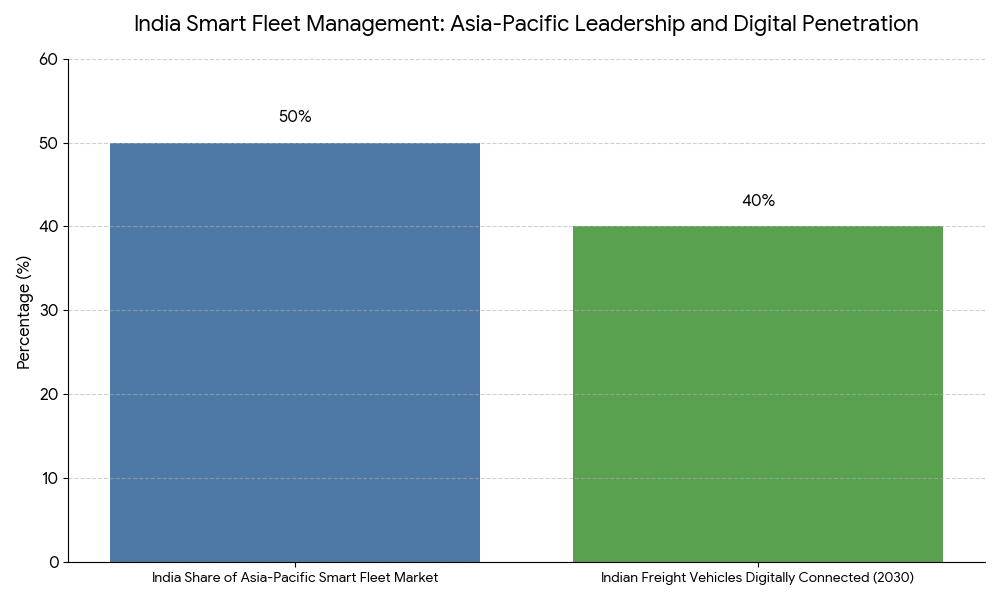
Competitive Landscape
Key players in smart fleet management for Indian road freight include Siemens Mobility, GE Transportation, Tata Motors, and Ashok Leyland, who dominate in AI-powered fleet solutions, electric vehicle production, and autonomous driving technology. GE Transportation is leading in IoT-based fleet tracking systems, while Tata Motors and Ashok Leyland are expanding their electric truck offerings for urban freight. Private companies such as Ola Electric and Rivigo are spearheading last-mile electric logistics solutions, while Uber Freight and Zebra Technologies are focusing on AI-powered logistics platforms to enhance route optimization. Collaborative R&D with global tech giants like IBM and Tesla is helping Indian companies stay competitive in the growing smart fleet market.
Report Details
Proceed To Buy
Want a More Customized Experience?
- Request a Customized Transcript: Submit your own questions or specify changes. We’ll conduct a new call with the industry expert, covering both the original and your additional questions. You’ll receive an updated report for a small fee over the standard price.
- Request a Direct Call with the Expert: If you prefer a live conversation, we can facilitate a call between you and the expert. After the call, you’ll get the full recording, a verbatim transcript, and continued platform access to query the content and more.


68 Circular Road, #02-01 049422, Singapore
Revenue Tower, Scbd, Jakarta 12190, Indonesia
4th Floor, Pinnacle Business Park, Andheri East, Mumbai, 400093
Cinnabar Hills, Embassy Golf Links Business Park, Bengaluru, Karnataka 560071
Request Custom Transcript
Related Transcripts


68 Circular Road, #02-01 049422, Singapore
Revenue Tower, Scbd, Jakarta 12190, Indonesia
4th Floor, Pinnacle Business Park, Andheri East, Mumbai, 400093
Cinnabar Hills, Embassy Golf Links Business Park, Bengaluru, Karnataka 560071





